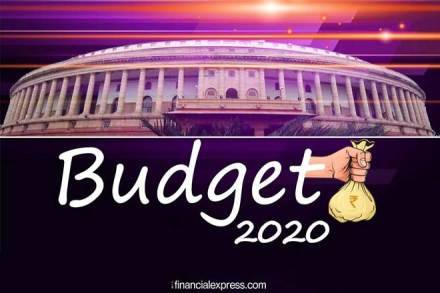Union Budget 2020: I believe the Budget has attempted to set our economic strategies on the correct path, and if this route is followed consistently, we can reach double-digit growth. Many people are disappointed that the Budget does not have any large tax cuts, which would stimulate demand and lead to higher growth. They need to understand that the days when the central government imposed excise duties and could also reduce them have gone. Now it is the era of GST, and the rates are decided by the GST Council. The finance minister cannot make any announcement in this area.
The fiscal deficit limit also poses restrictions on what can be given away in terms of tax cuts. Income tax for those at the lower end of the pyramid has been reduced and there will be some good impact on consumption as a result. Others, including the rich, are probably disappointed, but there was no financial leeway.
The Budget has formally put on record the important role of the private sector in creating wealth. This corrects perhaps the most important reason why, for over 70 years, we failed to industrialise adequately and create wealth and jobs.
Wealth creators are to be respected and not considered to be sinners, as in the past. The privatisation target has been doubled to Rs 2.1 lakh crore. An icon like the LIC is to be listed and some government shares sold. IDBI shares are also to be sold. More private sector in the financial services area? The private sector role in railway development is to increase. The new education policy will hopefully give a greater role to the private sector, besides allowing a larger inflow of foreign capital and technology. Infrastructure development and operation will have a big private sector contribution.
Foreign investments are bound to increase because of lower corporate tax, the exemption to sovereign wealth funds, abolition of the dividend distribution tax and the declared objective of making tax administration more friendly and transparent.
The rural development programme, as spelt out by the finance minister, is much more specific and actionable. More income in the rural areas will greatly increase demand for many consumption goods and help revive the economy. However, this will require the active participation and cooperation of the state governments.
The auto industry will benefit from the creation of wealth in the rural areas, as well as from other activities where the private sector will bring in capital and entrepreneurship. The government, including the state governments, needs to take a longer term look at the immense benefits to the economy, and in creation of employment, from the sale of cars.
Watch Video: What is Union Budget of India?
The total taxes paid at the time of acquisition are far higher than in any developed country and is the primary reason for the slow growth of sales. Reduction of GST, and avoidance of taxes outside the GST, would be very useful in creating employment and raising revenues in the slightly longer term.
Overall, the finance minister, and the government, have done a commendable job in identifying and creating conditions for a much greater role for the private sector and foreign capital, and for moving towards a more equitable and caring society.
